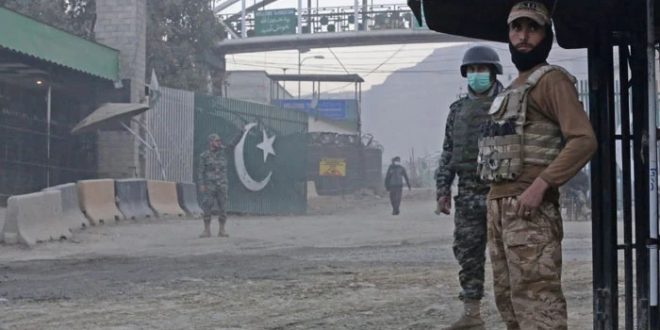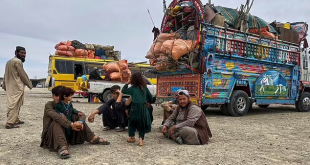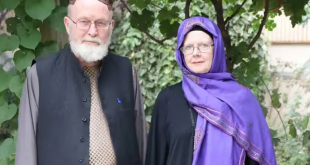AT News
KABUL – A high-profile delegation led by influential Taliban leader Mullah Shirin Akhund engaged in crucial discussions with Pakistani officials in Islamabad, focusing on escalating cross-border attacks attributed to terrorists operating from Afghanistan. The meeting, convened under the Joint Coordination Council, aimed to address border management and security concerns shared by the two nations.
The Pakistan Afghanistan Joint Committee (PAJC) meeting, held in Islamabad, centered on the security situation along the border, particularly the surge in attacks on security forces in the Khyber Pakhtunkhwa province. Mullah Muhammad Shirin Akhund, acting minister of strategic intelligence, led the Afghan delegation, emphasizing the gathering’s primary focus on addressing potential conflicts along the Durand Line.
The discussions also aimed to establish facilities benefiting residents on both sides of the border. While the Afghan Taliban asserted their commitment to preventing the use of Afghan soil for attacks against Pakistan, the latter accused Kabul of harboring outlawed Tehreek-e-Taliban-e-Pakistan (TTP) members responsible for attacks on Pakistani security forces.
The meeting comes amid rising terrorist incidents in Pakistan, with 789 attacks causing 1,524 casualties, marking a record six-year high. Fugitive militants linked to the TTP and allied groups, purportedly operating with increased operational freedom since the Taliban’s resurgence in Afghanistan, have intensified cross-border attacks, resulting in nearly 1,000 deaths in 2023.
Pakistani officials claim TTP leaders relocated their operational bases to Afghan border provinces after the Taliban regained control. Despite Taliban assurances of arresting TTP members and plans to disarm them, Pakistani officials remain skeptical and seek concrete evidence.
Accusations of Afghan Taliban fighters participating in or facilitating TTP-led attacks have further strained relations. Pakistani Prime Minister Anwaar-ul-Haq Kakar’s statement highlighted suicide bombings by Afghan nationals within Pakistan, leading to counterterrorism operations and the deportation of undocumented Afghans.
As the talks unfold, questions about the veracity of Taliban actions against the TTP persist, with Pakistani officials expected to press for concrete measures, including the handover of TTP leaders to Islamabad. The outcome of these discussions holds significant implications for regional security and cooperation.
 Afghanistan Times
Afghanistan Times




